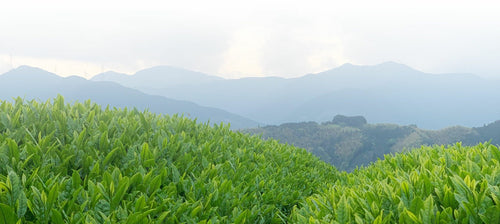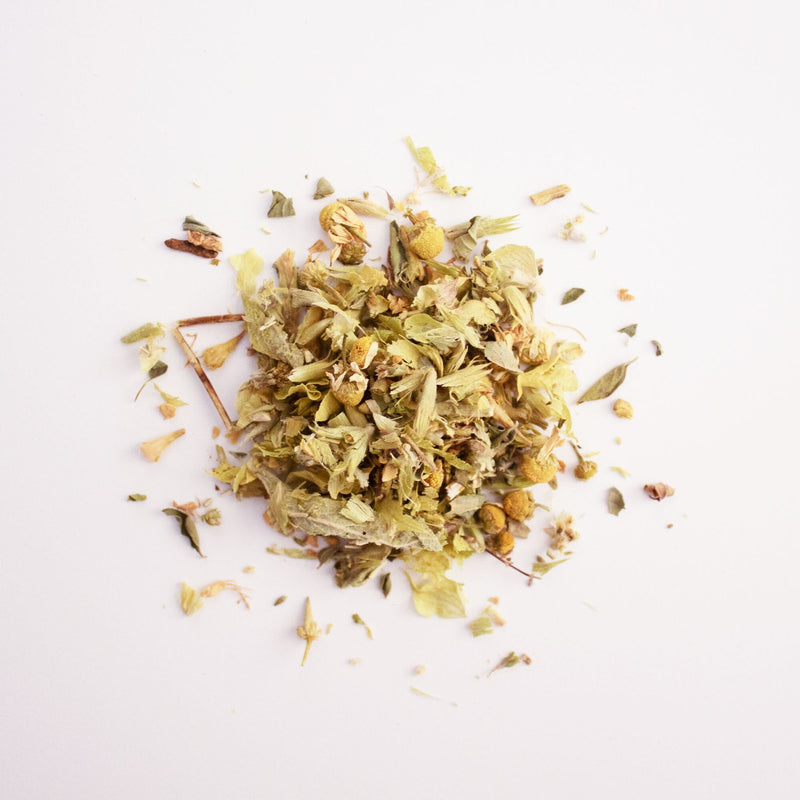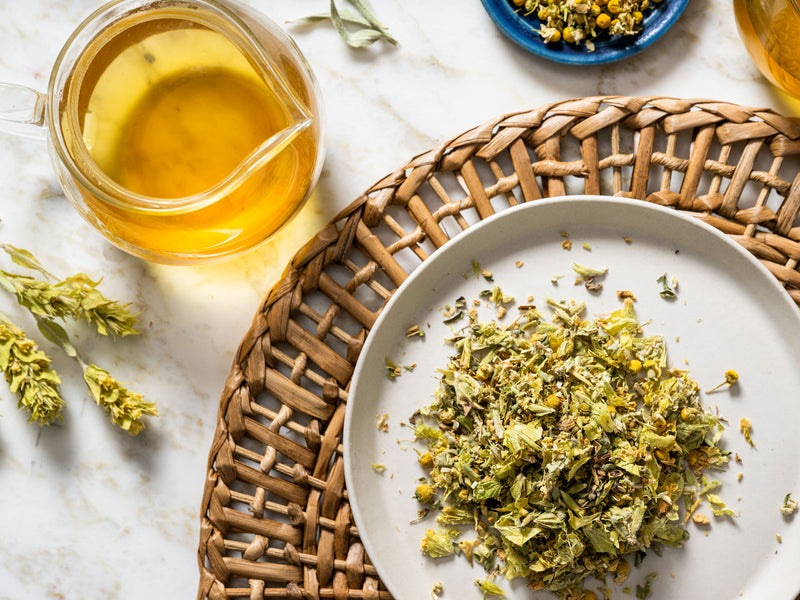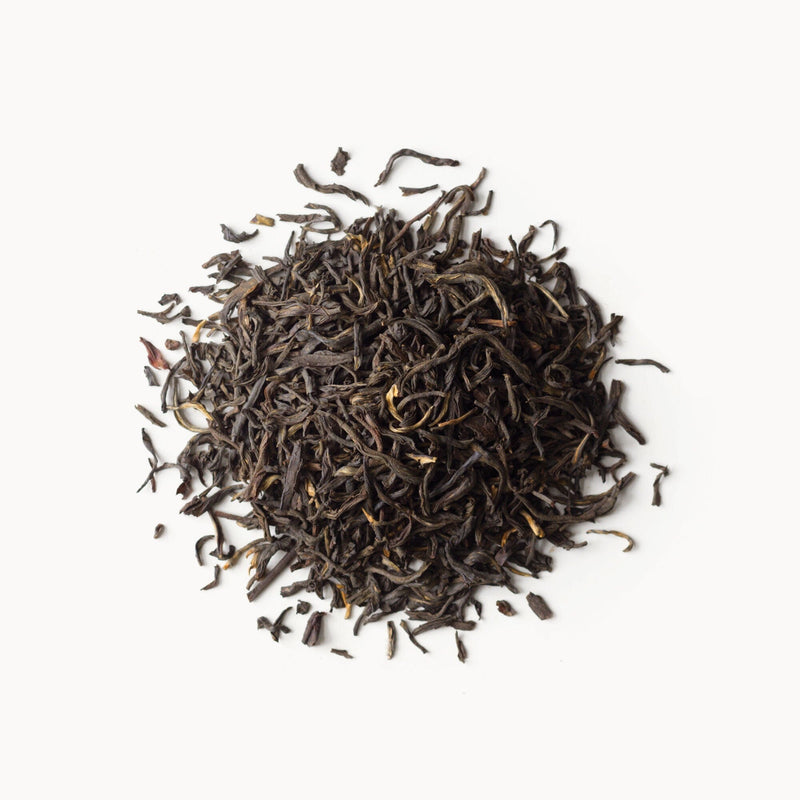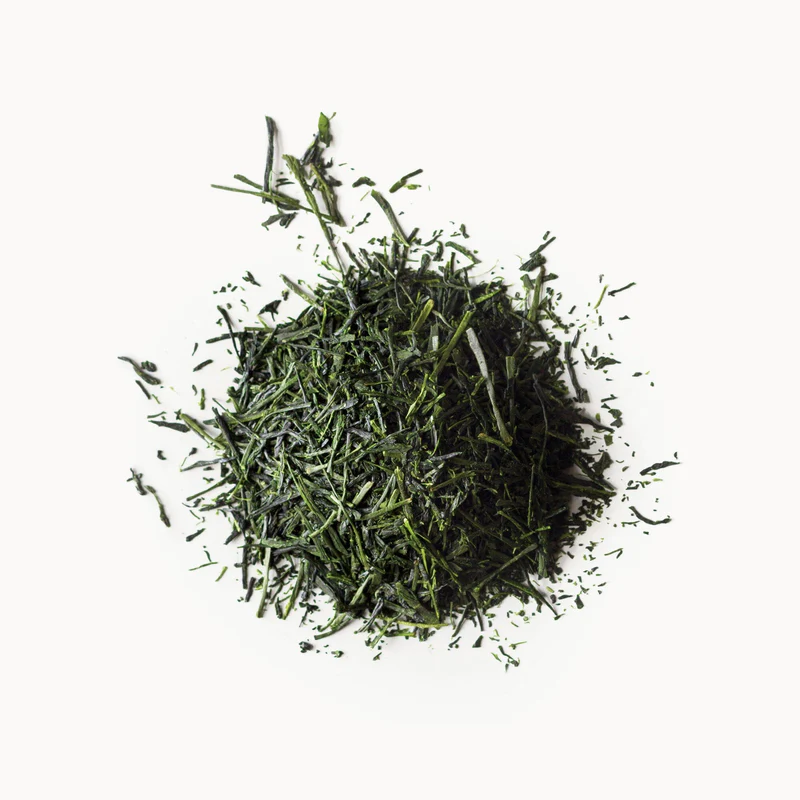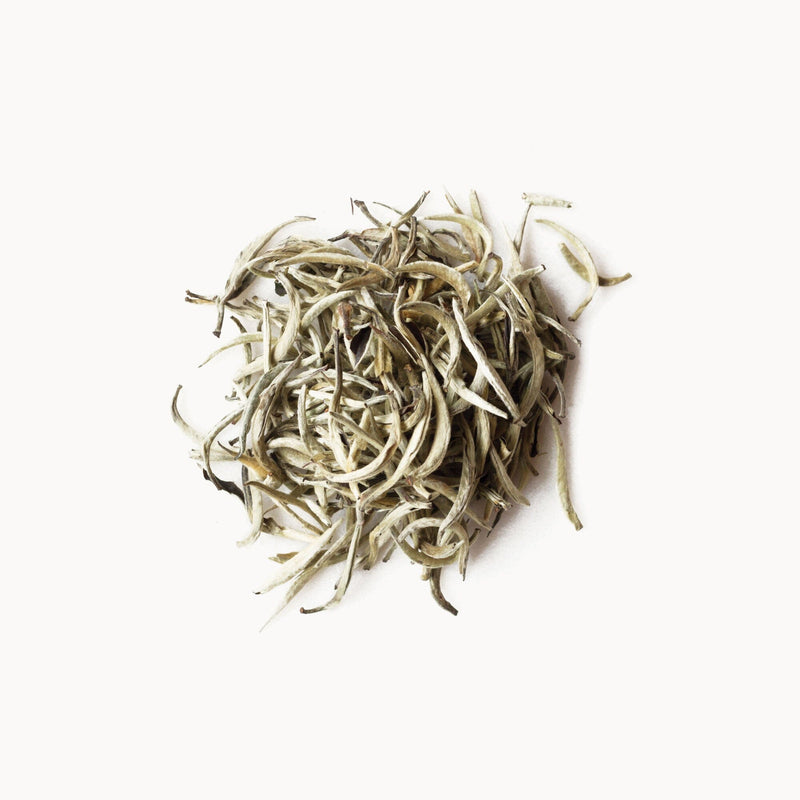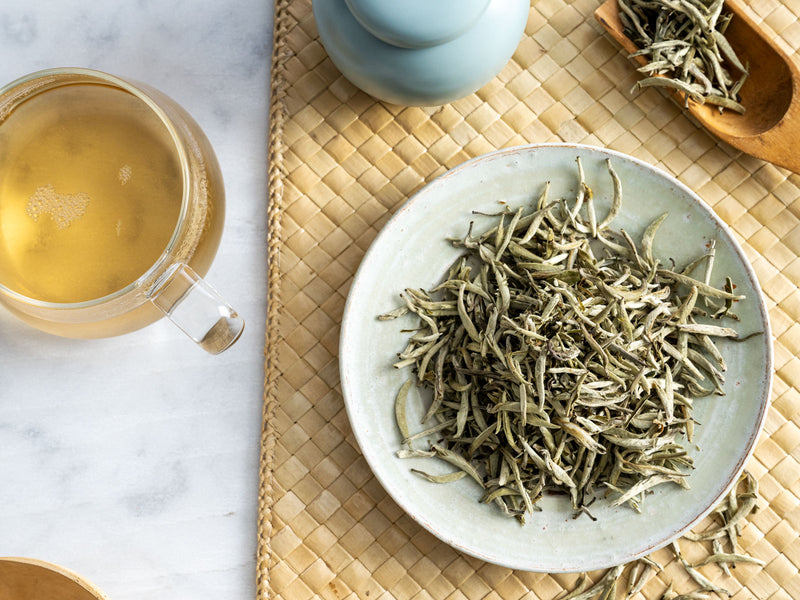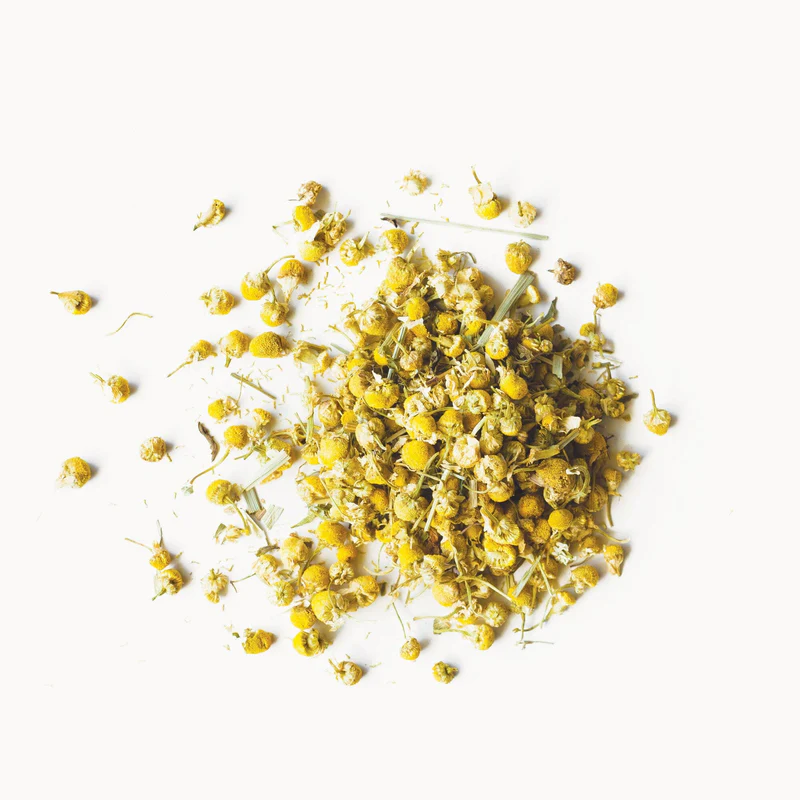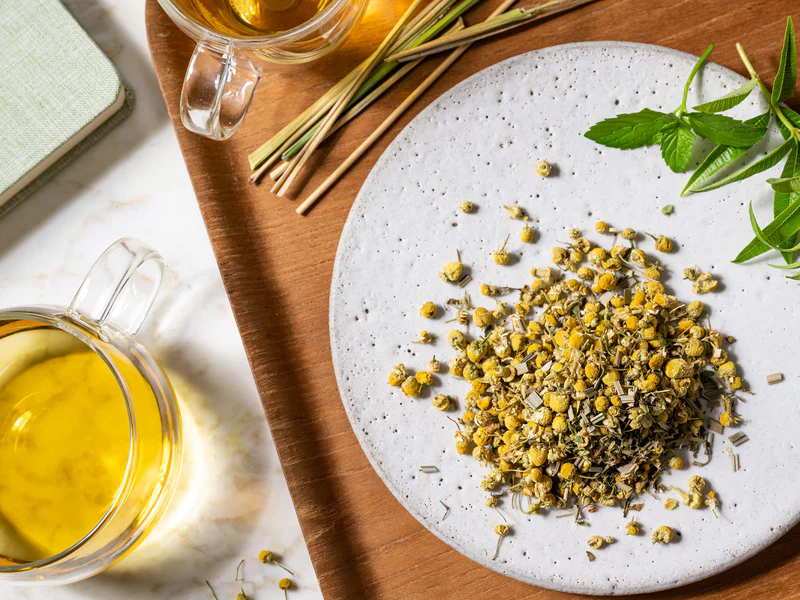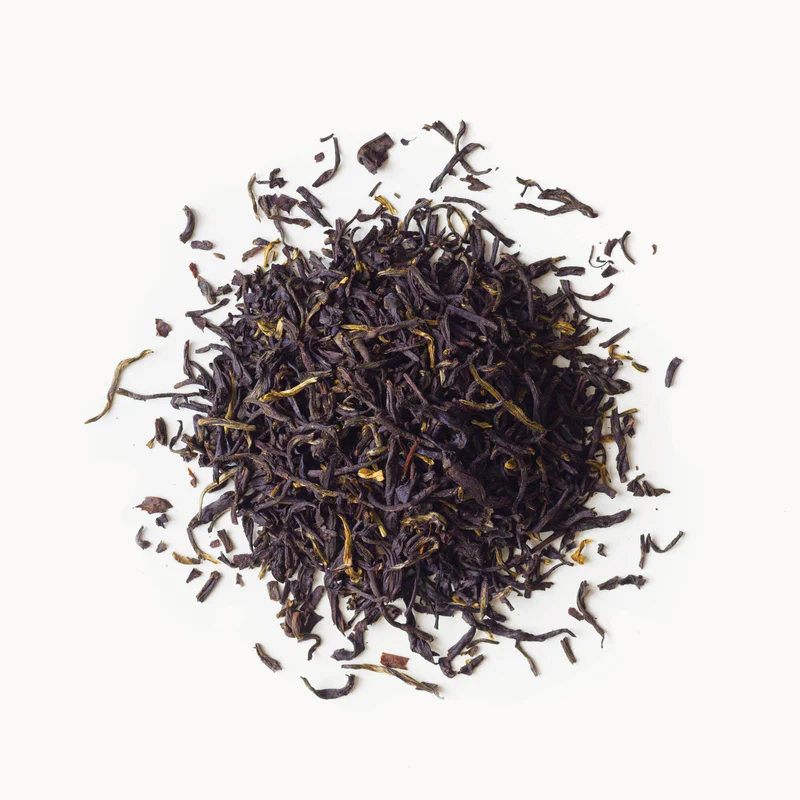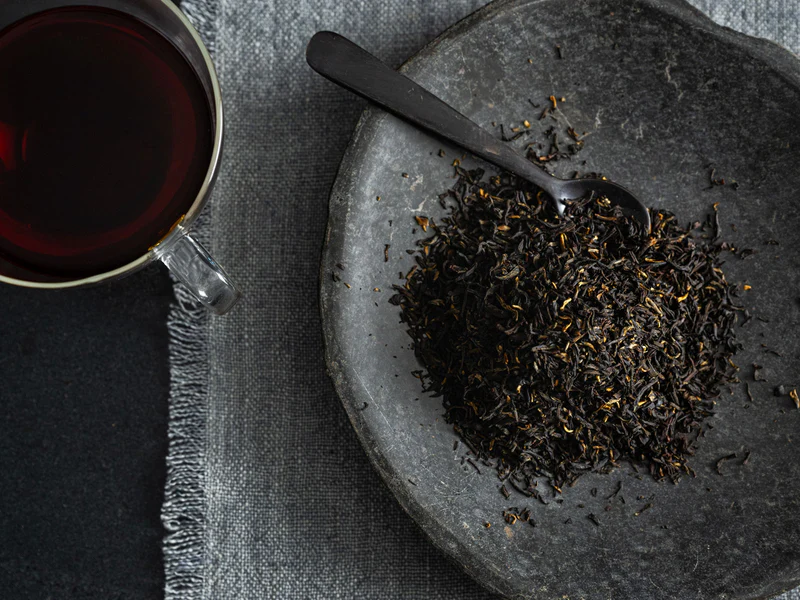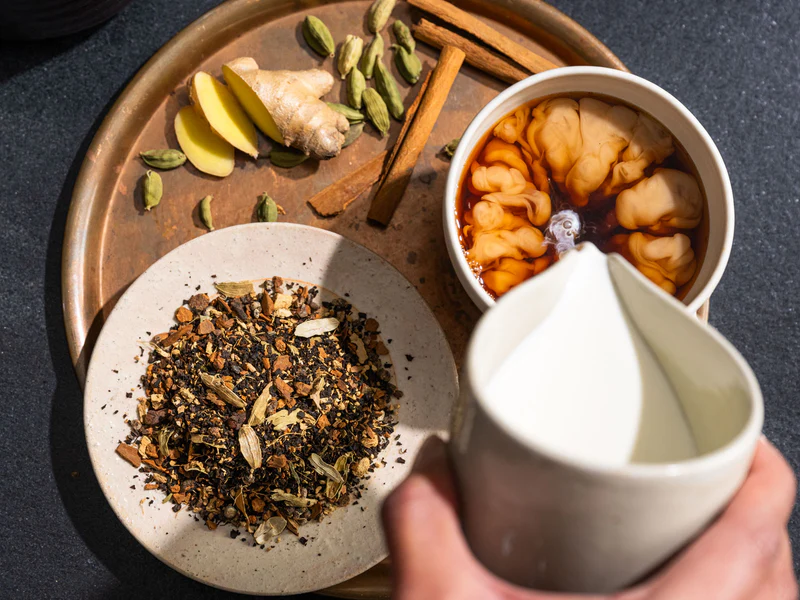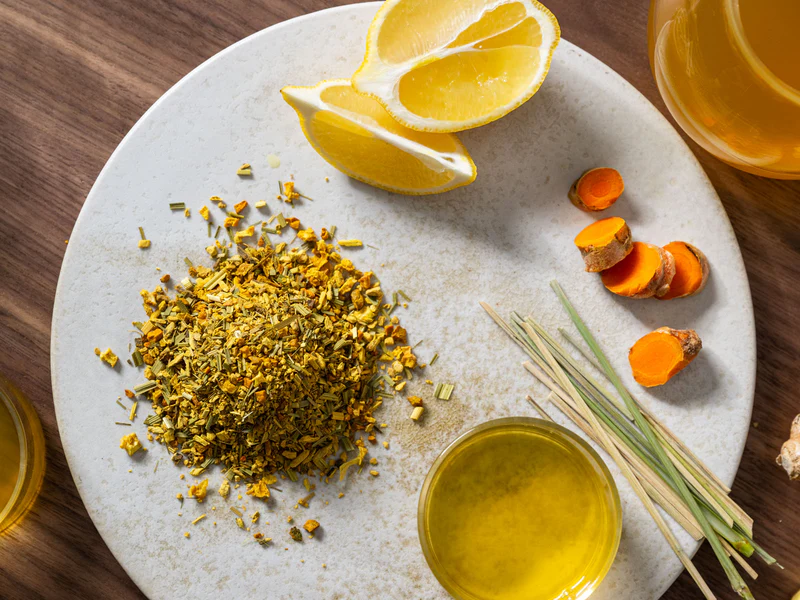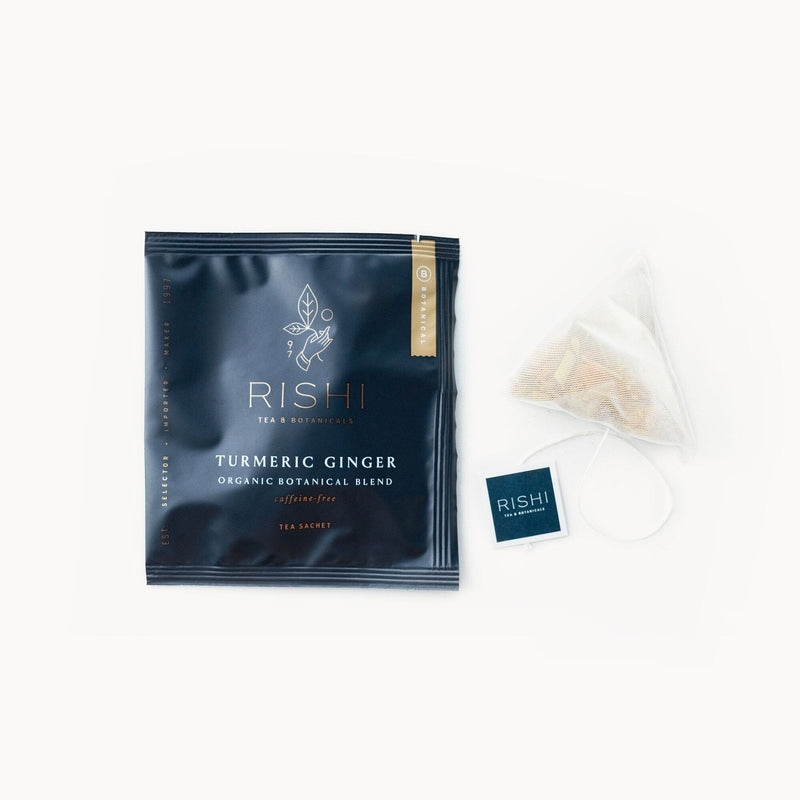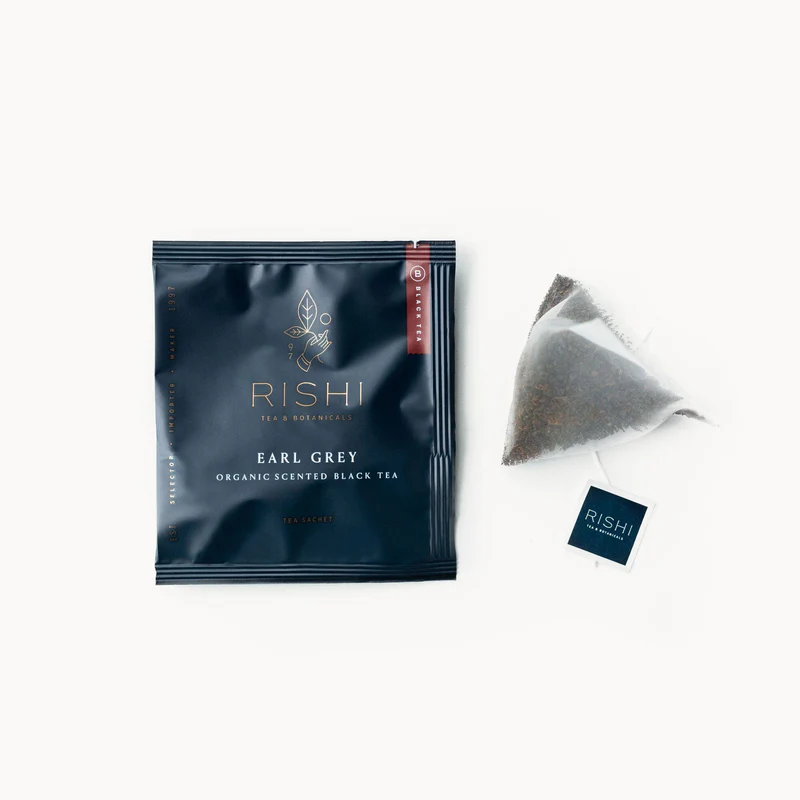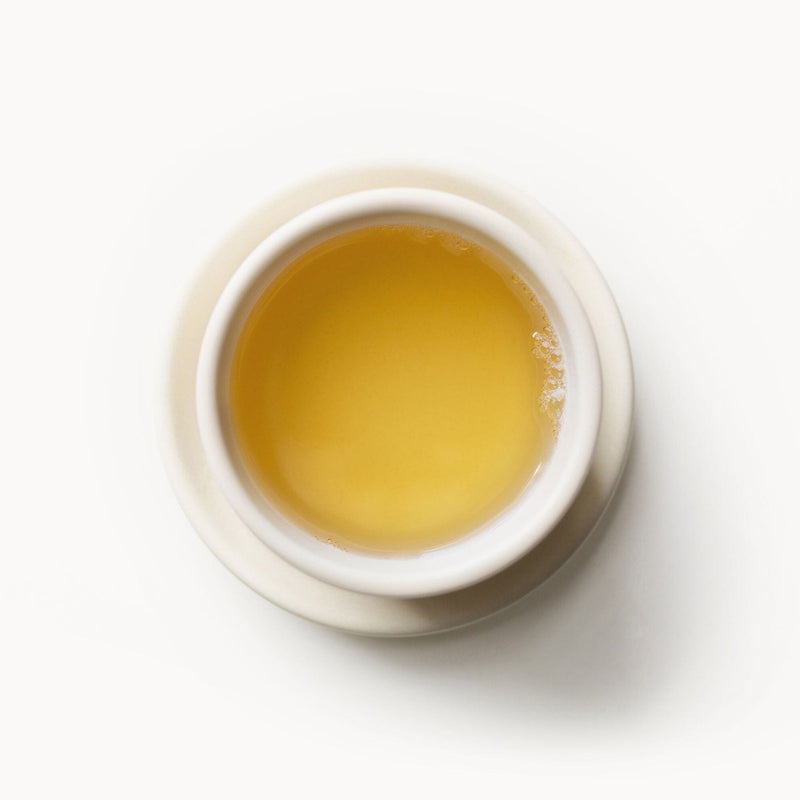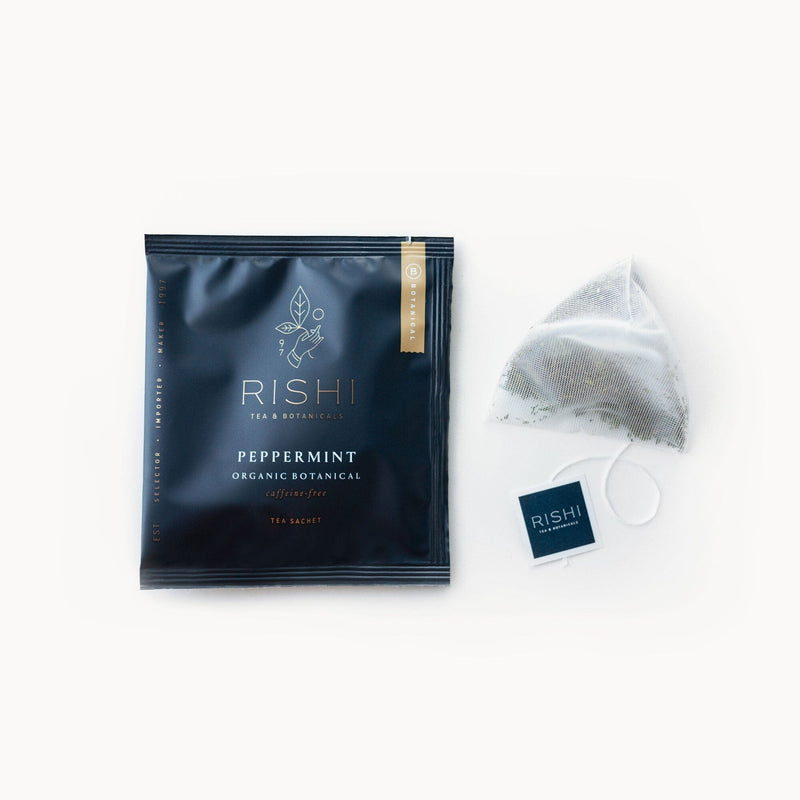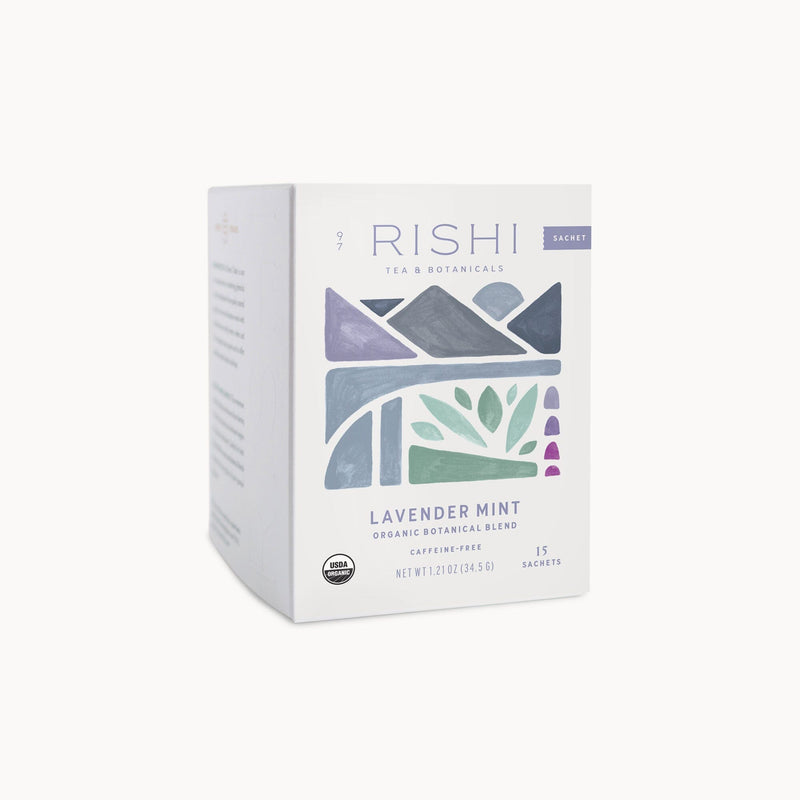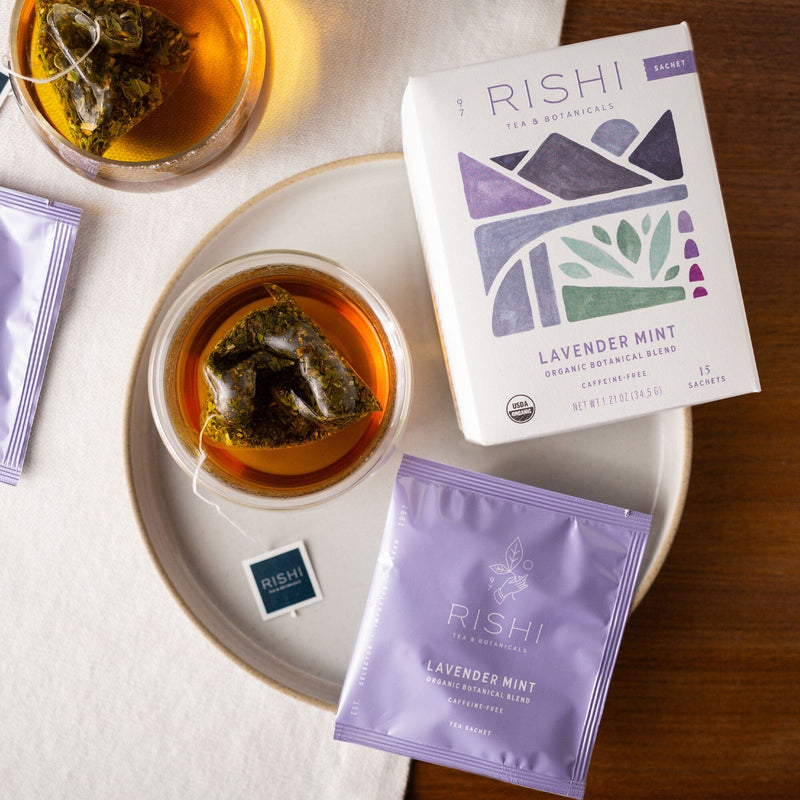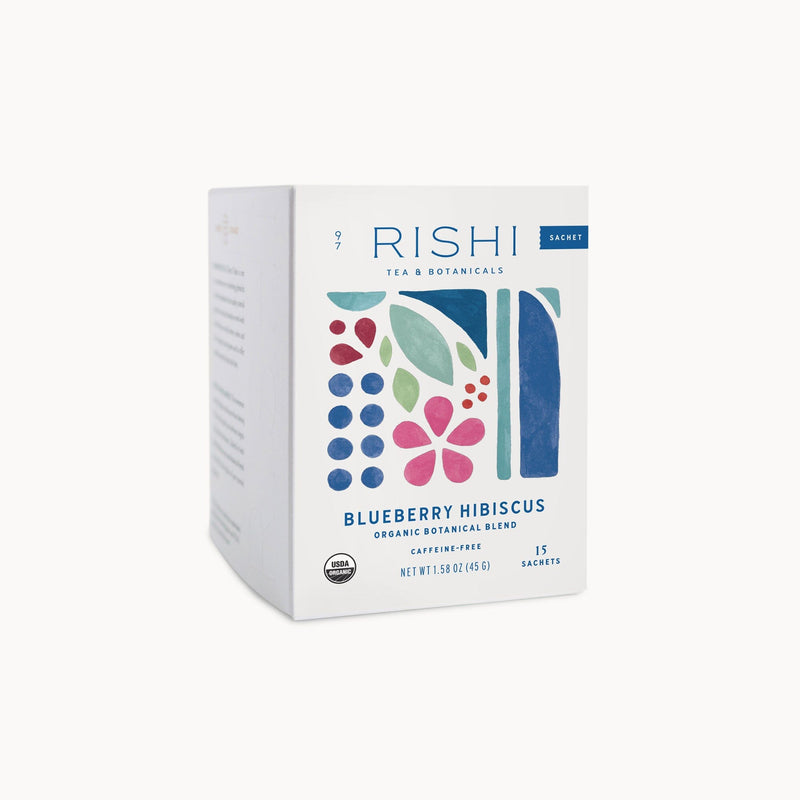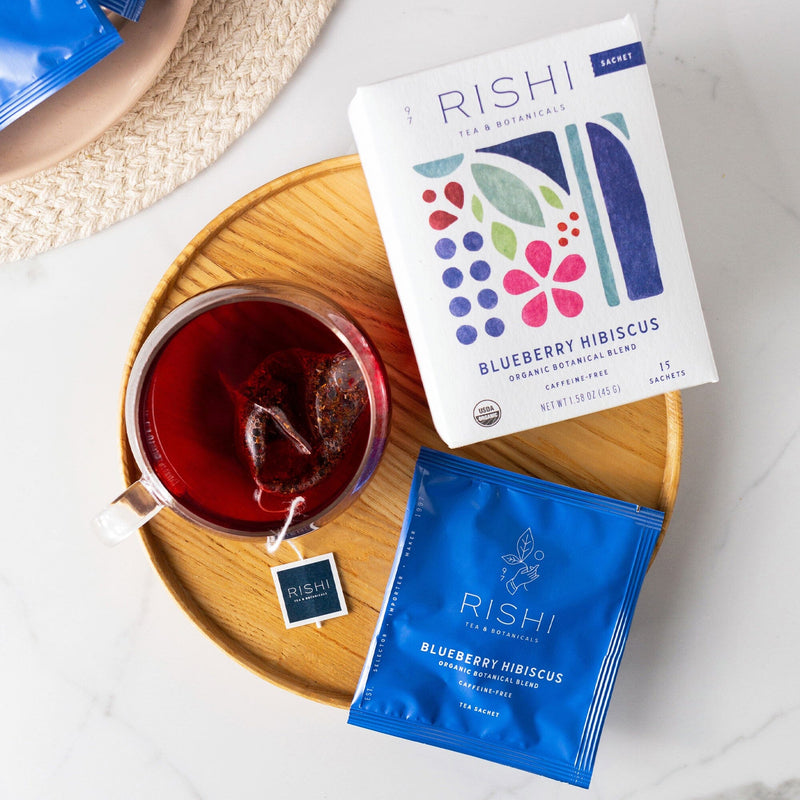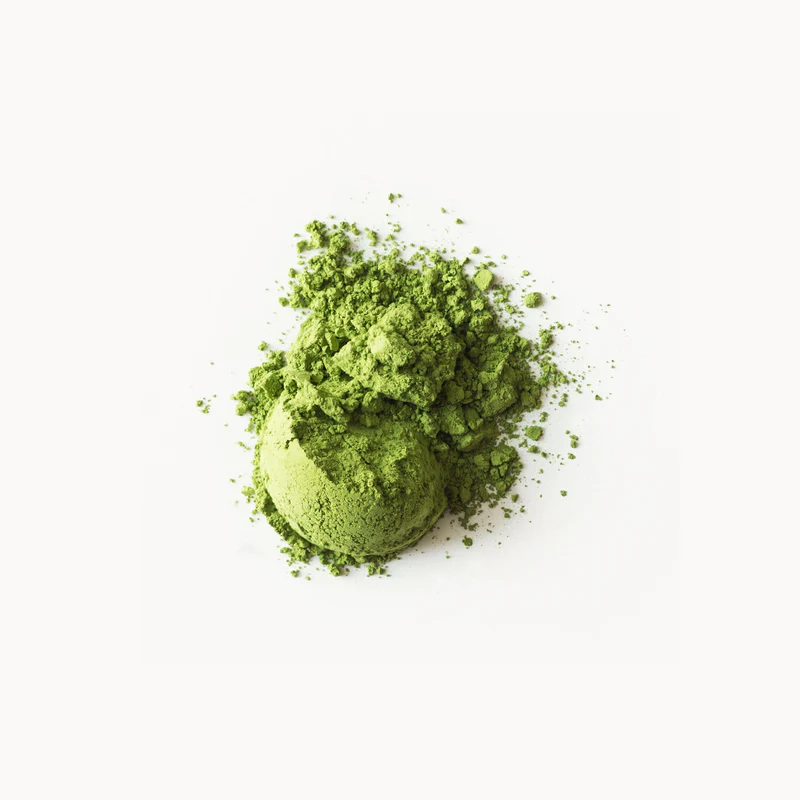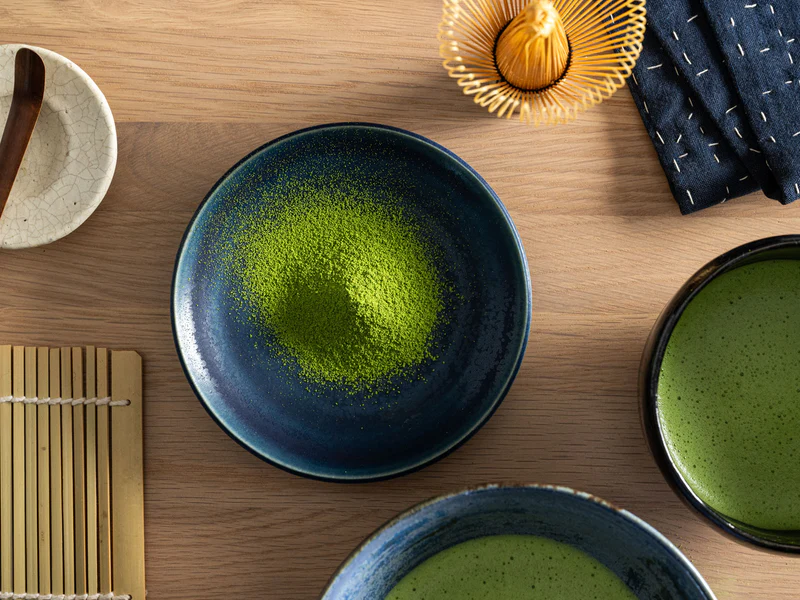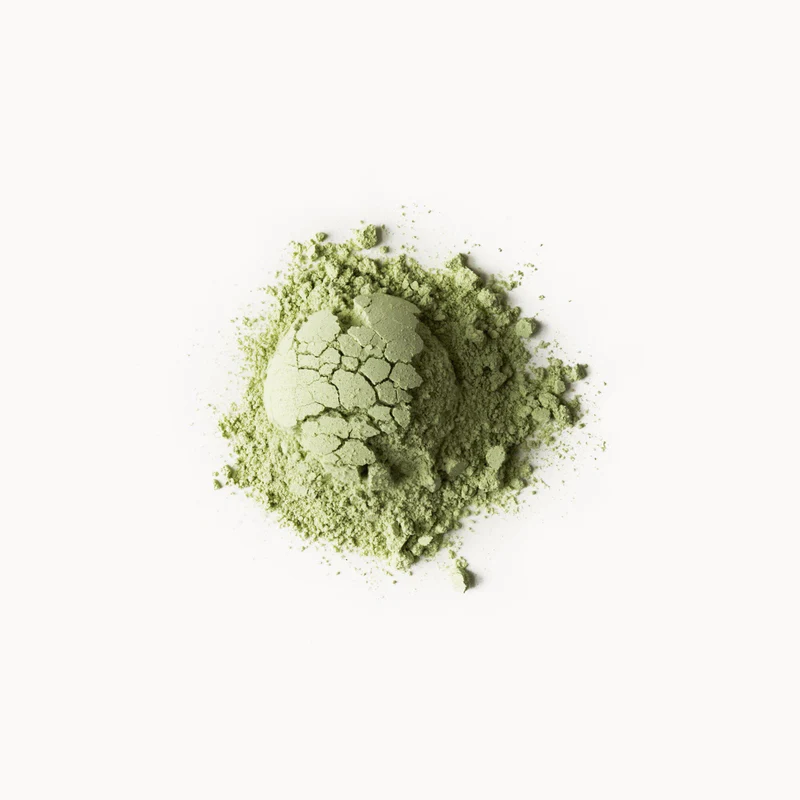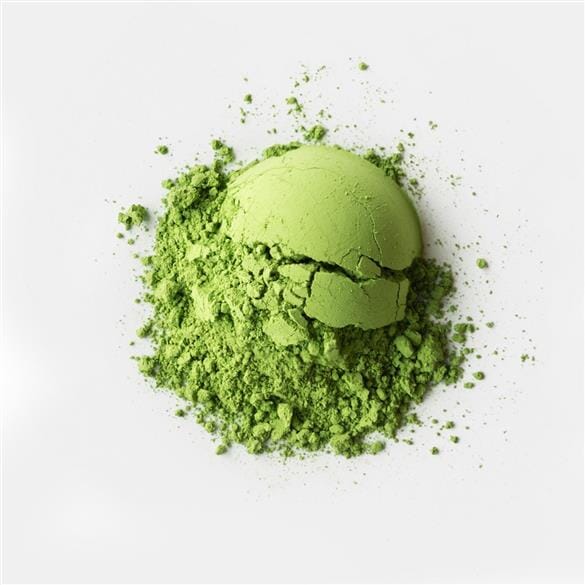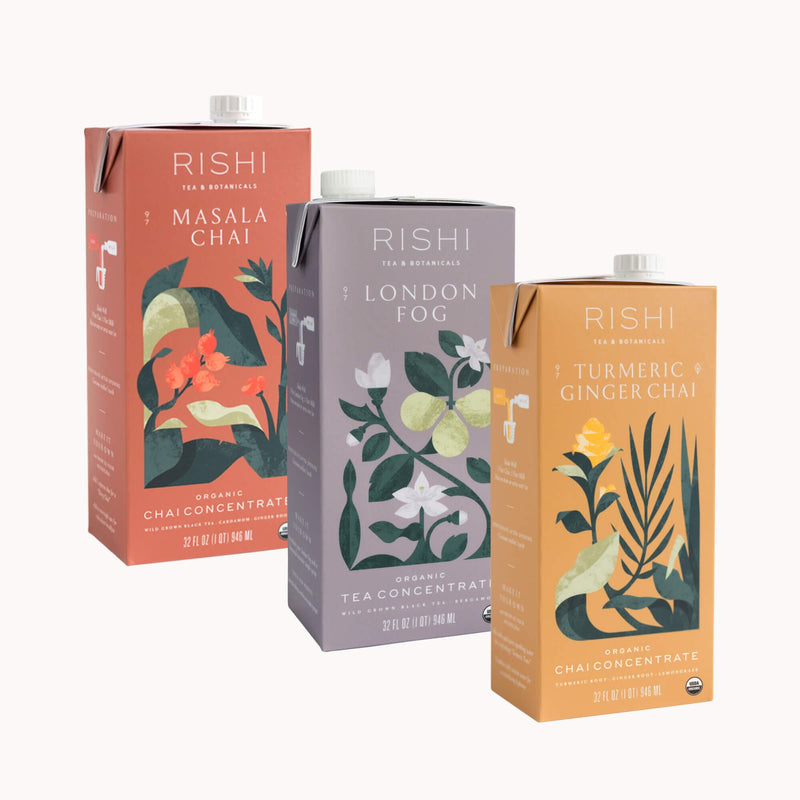A wellspring of knowledge for your tea journey.
Journal /
botanical encyclopedia
A wellspring of knowledge for your tea journey.
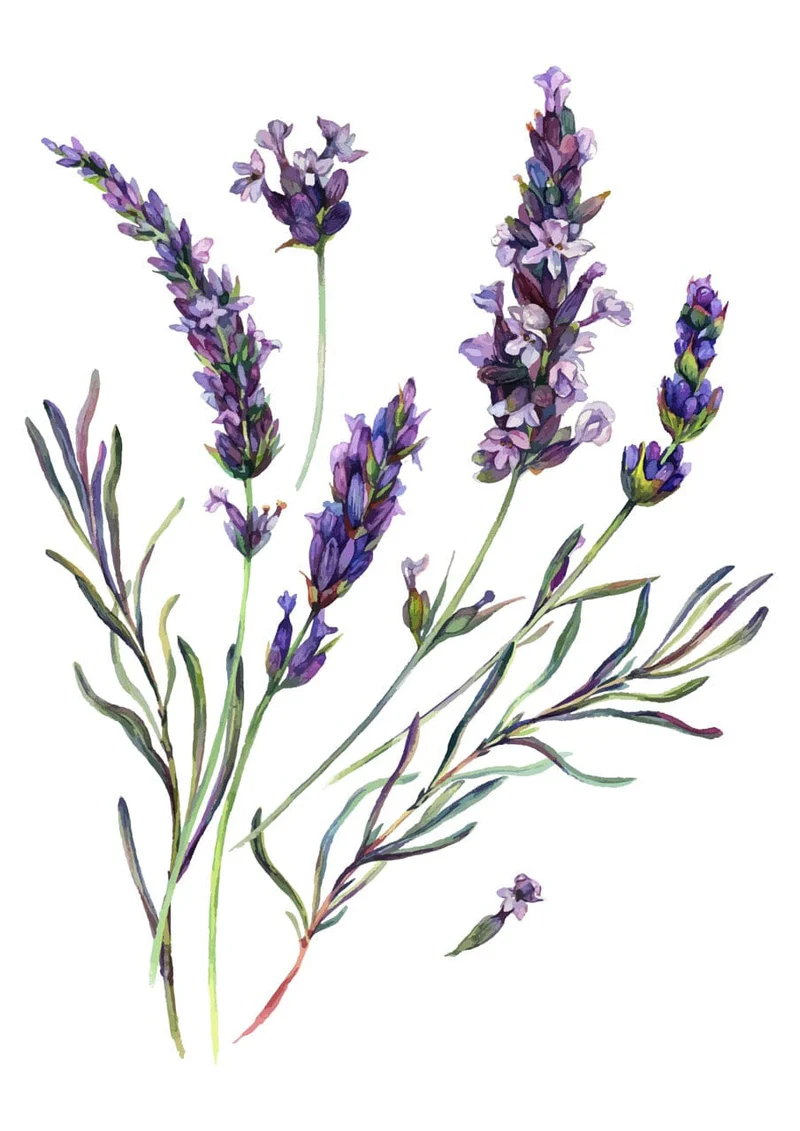
Lavender
Lavandula angustifolia
Lavender has a rich history of cultivation and use that dates back thousands of years. It is believed to have originated in the Mediterranean region, particularly in areas such as Greece and Italy.
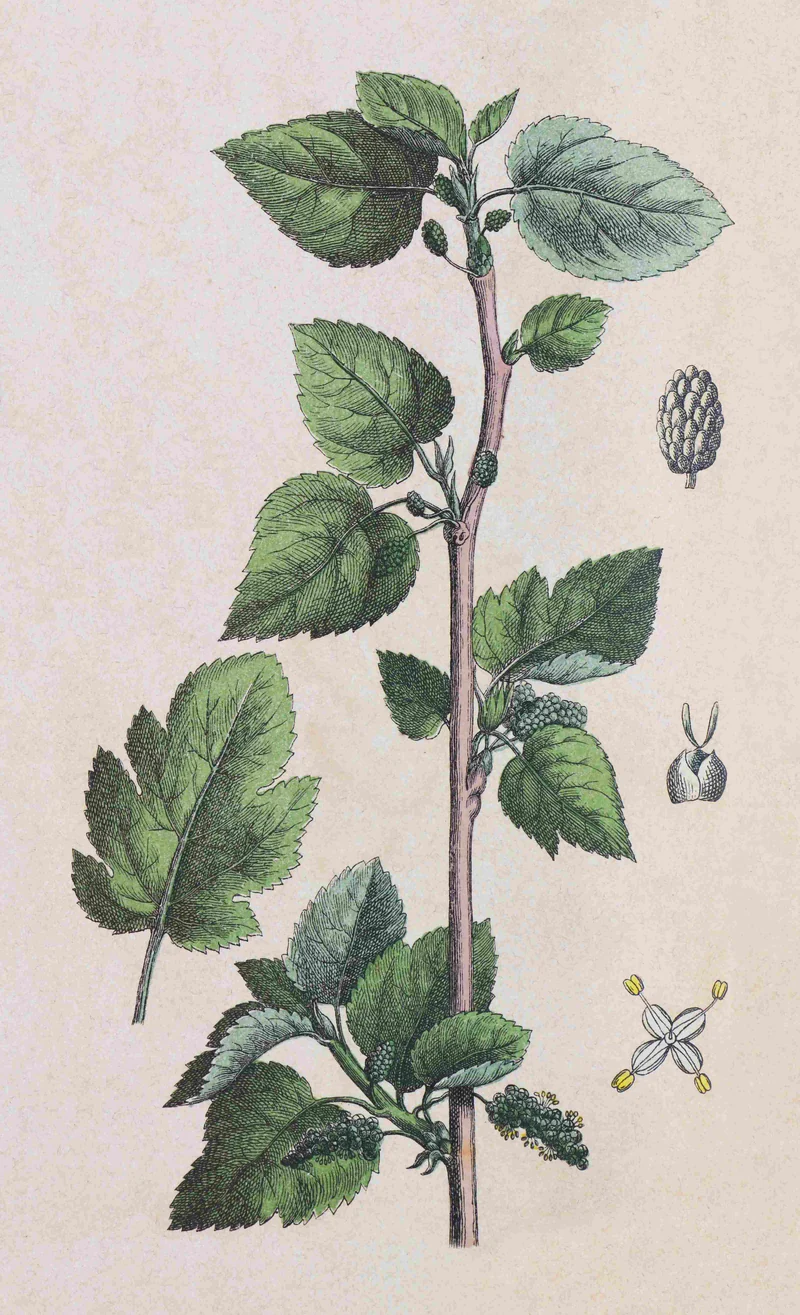
Mulberry Leaf
Morus albaThe scientific name for mulberry leaves is Morus alba. These leaves have a long history of culinary and medicinal use in various cultures around the world.
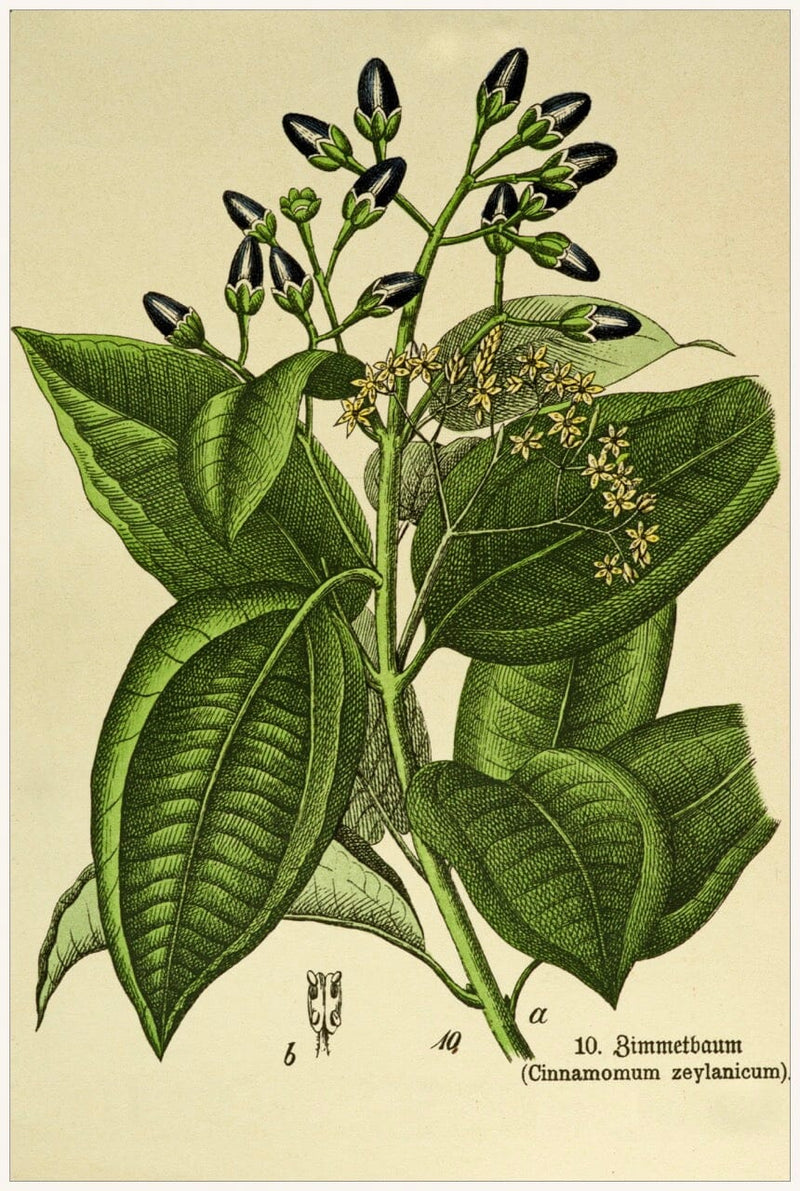
Cinnamon Leaf
Cinnamomum verumCinnamon leaf is primarily used for its medicinal properties rather than its culinary applications.
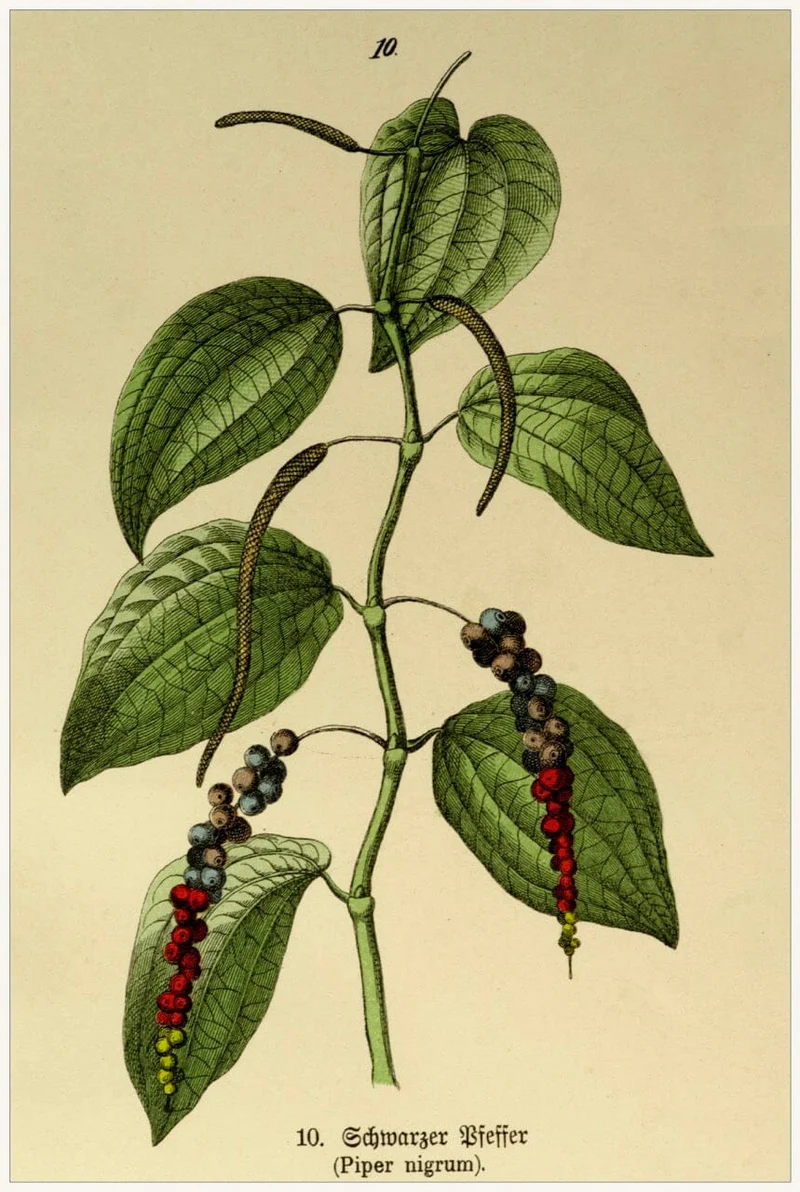
Black Pepper
Piper nigrumThe scientific name for black pepper is Piper nigrum. Black pepper has a long and fascinating cultivation history. It is believed to have originated in the Western Ghats of India, where it has been grown for thousands of years.
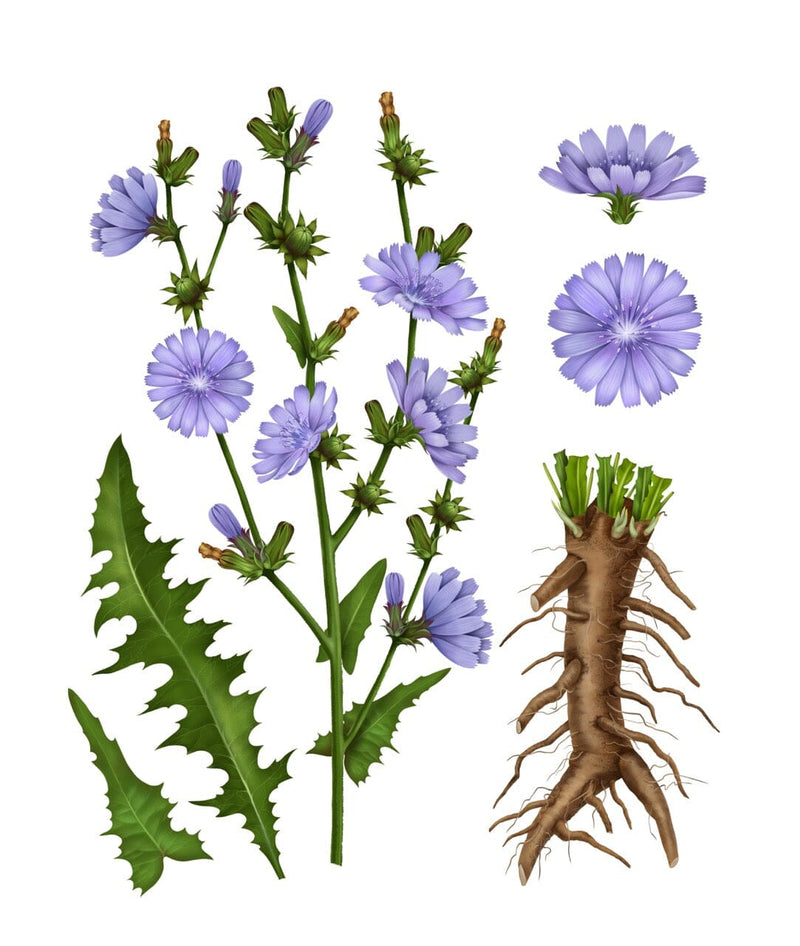
Chicory Root
Cichorium intybusChicory root has a long history of use in herbalism, dating back to ancient Egypt and Greece. In traditional herbal medicine, chicory root has been used to support digestion, liver health, and as a diuretic.

Chrysanthemum Flower
Chrysanthemum morifolium ramatChrysanthemum herbal tea, deeply rooted in Chinese and Korean traditional herbal wellness practices, offers a soothing and aromatic experience. This delightful infusion is crafted from the petals of the chrysanthemum flower, known for its delicate beauty and subtle fragrance.
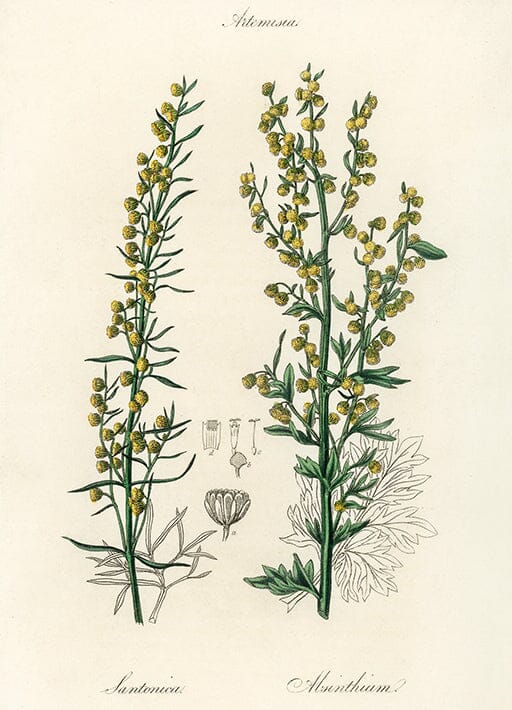
Sweet Wormwood
Artemisia annuaSweet wormwood, also known as “Sweet Annie”, is a remarkable herb that has been used for centuries in traditional Chinese medicine (the herb known as “Qing Hao”). This herb is known for its unique and distinct flavor, which is both sweet and slightly bitter.
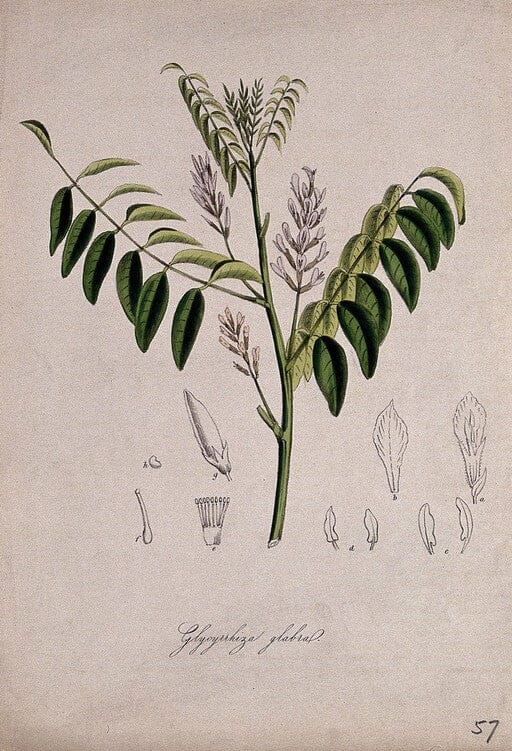
Licorice Root
Glycyrrhiza glabraLicorice root has been used for thousands of years in food, beverages, tea, and medicine. Its origins date back to ancient civilizations.
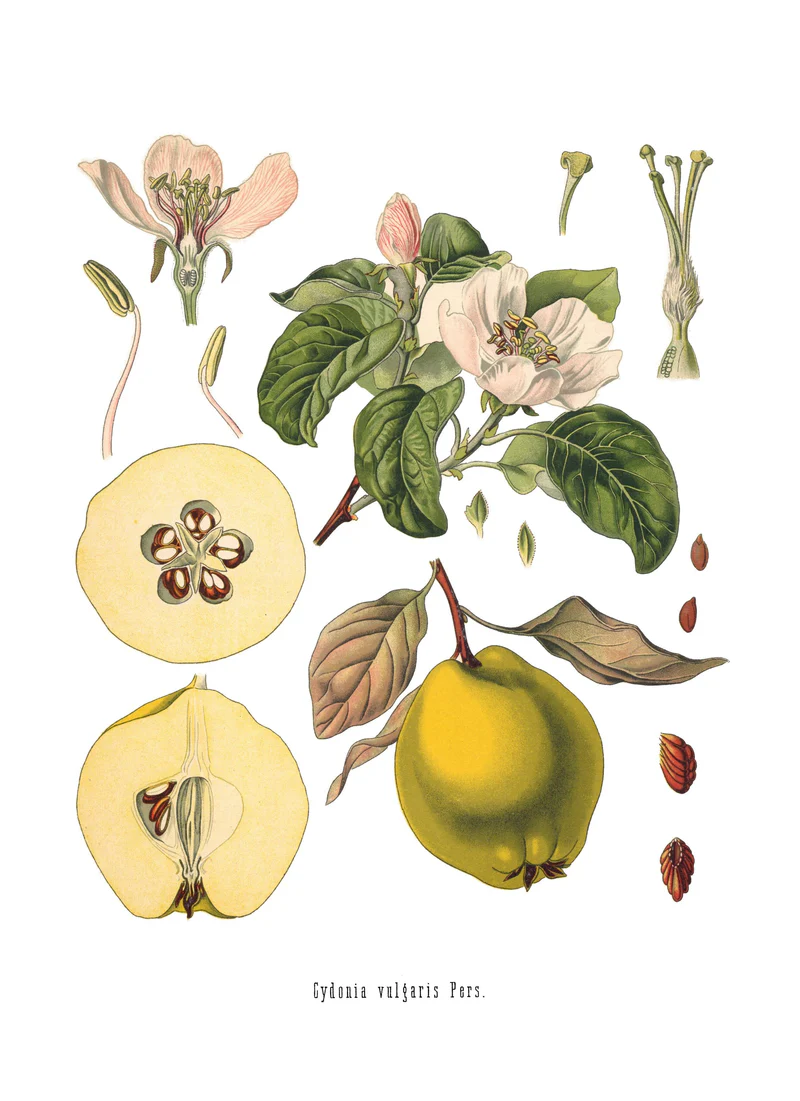
Quince
Cydonia oblongaQuince, scientifically known as Cydonia oblonga, has a rich history of usage in herbal medicine and culinary traditions across East Asia and the rest of the world where it is grown.

Solomon's Seal
Rhizoma Polygonati OdoratiSolomon's Seal root, scientifically known as Rhizoma Polygonati Odorati, is a plant that has been associated with various health benefits and has been used in folk remedies in different countries, including the USA and Korea.

Dandelion Root
Taraxacum officinaleDandelion root (Taraxacum officinale) has a long history of use in herbal medicine, dating back centuries. Both Eastern and Western cultures have recognized its medicinal benefits.

Juniper Berry
Juniperus communisJuniper berries are a renowned botanical ingredient widely used in the production of alcoholic spirits.

Lemon Peel
Citrus limonDried lemon peels have been used for centuries in various cultures for their health benefits and flavor. When used in teas and beverages, they add a citrusy and refreshing taste, along with several potential health benefits.

Elderberry
Sambucus nigraThe scientific name for elderberry is Sambucus nigra. This plant has a long history of use in various cultures for food, folk remedies, alcoholic spirits, non-alcoholic beverages, and natural medicines.
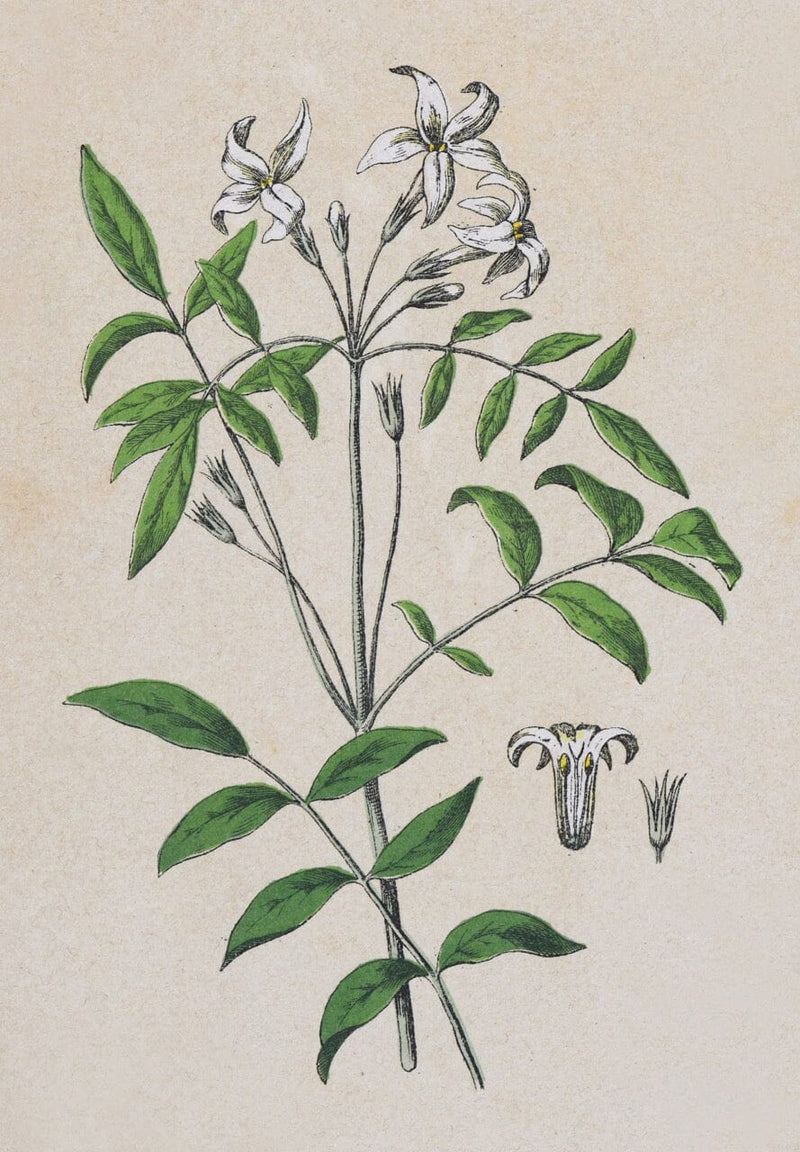
Jasmine Blossom
JasminumJasmine has a historical background dating back centuries. This flowering plant is native to tropical and subtropical regions, with its origins believed to be in the Middle East or South Asia.
